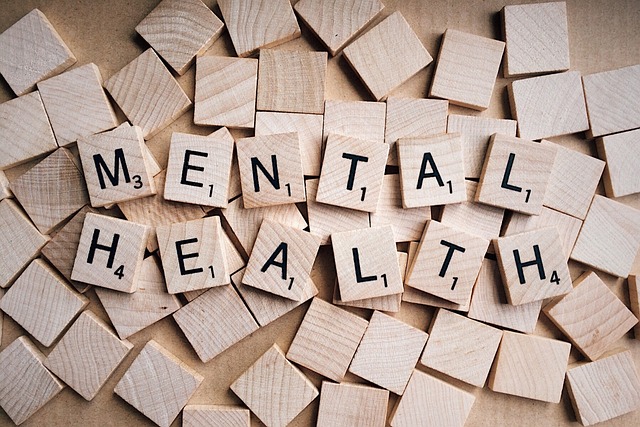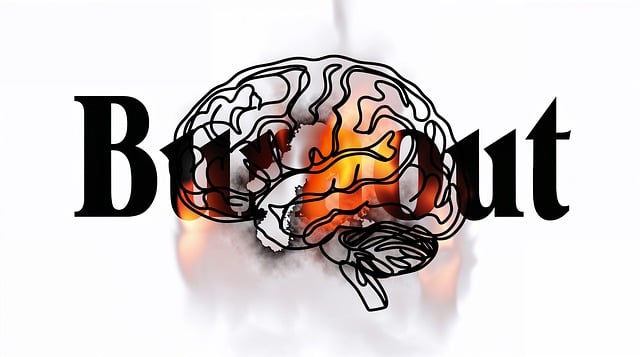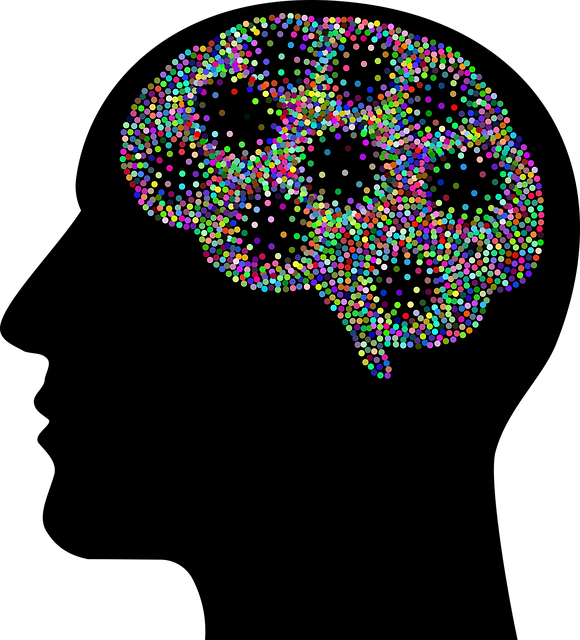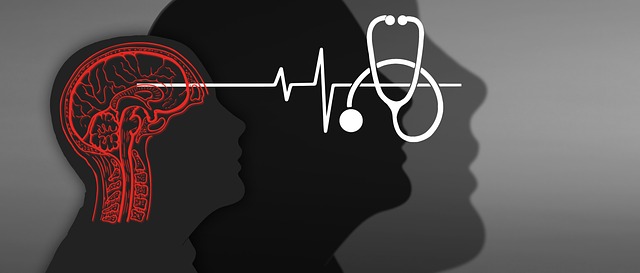Mental Health Crisis Hotlines offer crucial support and guidance to children experiencing distress, providing a safe space to express emotions without judgment. Trained professionals offer empathy, active listening, and evidence-based strategies tailored to address interpersonal issues, empowering kids with emotional regulation skills and positive thinking perspectives. Early intervention through therapy prevents more severe mental health consequences, enhances emotional intelligence, and fosters healthier relationship dynamics, contributing to long-term well-being. Effective access to these services requires strategic identification of local resources and open communication, leading to improved coping mechanisms and resilience. Hotlines are transforming mental health support, empowering children with essential social skills training and teaching self-care practices for effective long-term management of interpersonal issues and mental wellness.
“In today’s fast-paced world, mental health crises can strike unexpectedly, especially among children grappling with interpersonal issues. Mental Health Crisis Hotline support services serve as a critical lifeline, offering immediate assistance and guidance. This article explores the multifaceted role of these hotlines in addressing children’s mental health concerns. We delve into understanding crisis hotspots, the therapeutic benefits for interpersonal issues, and practical tips on accessing effective support. Additionally, real-life case studies highlight the profound impact of these interventions.”
- Understanding Mental Health Crisis Hotlines: A Lifeline for Children in Distress
- The Role of Therapy in Addressing Interpersonal Issues for Kids
- How to Access and Utilize These Support Services Effectively
- Case Studies: Real-life Impact of Crisis Hotline Interventions
Understanding Mental Health Crisis Hotlines: A Lifeline for Children in Distress

Mental Health Crisis Hotlines are vital resources designed to offer immediate support and guidance to children facing distressing situations. These hotlines serve as a lifeline, providing a safe space for young individuals to express their feelings, fears, and frustrations without judgment. Trained professionals on the other end of the line offer empathy, active listening, and evidence-based strategies tailored to address interpersonal issues that often underlie emotional turmoil in children.
Through these hotlines, children can access therapy for interpersonal problems, learn essential emotional regulation skills, and cultivate positive thinking perspectives. By employing mind over matter principles, crisis hotline support empowers young people to gain a sense of control over their emotions, improve coping mechanisms, and build resilience. This proactive approach ensures that children in distress receive timely assistance, potentially preventing more severe mental health consequences down the line.
The Role of Therapy in Addressing Interpersonal Issues for Kids

Therapy plays a pivotal role in addressing interpersonal issues faced by children. It provides a safe and supportive environment where kids can openly express their feelings, experiences, and struggles with relationships. Through interactive conversations with trained therapists, children learn essential skills to navigate social interactions, improve communication, and build healthier bonds. This therapeutic process helps them develop emotional intelligence, fostering positive thinking and enhancing their ability to cope with interpersonal challenges.
Early intervention through therapy can be a powerful tool in depression prevention. Mental health education programs designed specifically for children often incorporate therapeutic techniques that teach coping strategies, resilience, and self-care practices. By addressing underlying interpersonal issues and promoting healthy relationships, these programs contribute to overall mental well-being, reducing the risk of depression and other mood disorders during adolescence and adulthood.
How to Access and Utilize These Support Services Effectively

Accessing mental health crisis hotline support services effectively requires a strategic approach. When facing interpersonal issues or considering therapy for children, it’s crucial to start by identifying trusted resources in your area. Many communities offer free, confidential hotlines staffed by trained professionals who can provide immediate assistance and guide you towards appropriate care. These services are designed to be easily accessible; all you need is a phone or internet connection.
To maximize the benefits, clearly articulate your concerns during the call. Whether seeking trauma support services or exploring mental wellness through podcasts, professionals can offer tailored advice and resources. Encourage open communication, as these conversations can foster positive thinking and emotional resilience. Remember, utilizing hotline support is a proactive step towards managing interpersonal challenges and enhancing overall mental wellness.
Case Studies: Real-life Impact of Crisis Hotline Interventions

In the realm of mental health support, crisis hotline services have emerged as a vital resource for individuals seeking immediate assistance. These hotlines provide a safe and non-judgmental space where people can share their struggles and receive guidance. Case studies highlight the profound impact of such interventions, especially when tailored to specific populations. For instance, research has shown that therapy for children facing interpersonal issues can be significantly enhanced through crisis hotline support. By offering immediate crisis intervention guidance, these hotlines empower young individuals to navigate challenging situations and develop essential social skills training.
Furthermore, the real-life impact extends beyond individual cases. Crisis hotline services play a crucial role in fostering self-care practices among at-risk populations. They provide a platform for individuals to learn coping strategies, access resources, and receive emotional support promptly. This proactive approach not only alleviates immediate distress but also equips people with long-term tools to manage their mental well-being effectively.
Mental health crisis hotline support services play a pivotal role in providing immediate assistance and long-term solutions for children facing interpersonal issues. By offering confidential and accessible resources, these hotlines empower young individuals to navigate their mental health journeys effectively. Through a combination of crisis intervention, therapy, and guidance, they foster resilience and promote positive outcomes. As highlighted in the case studies, the real-life impact of these services is profound, making them indispensable tools for addressing the growing need for therapy for children experiencing interpersonal issues.














